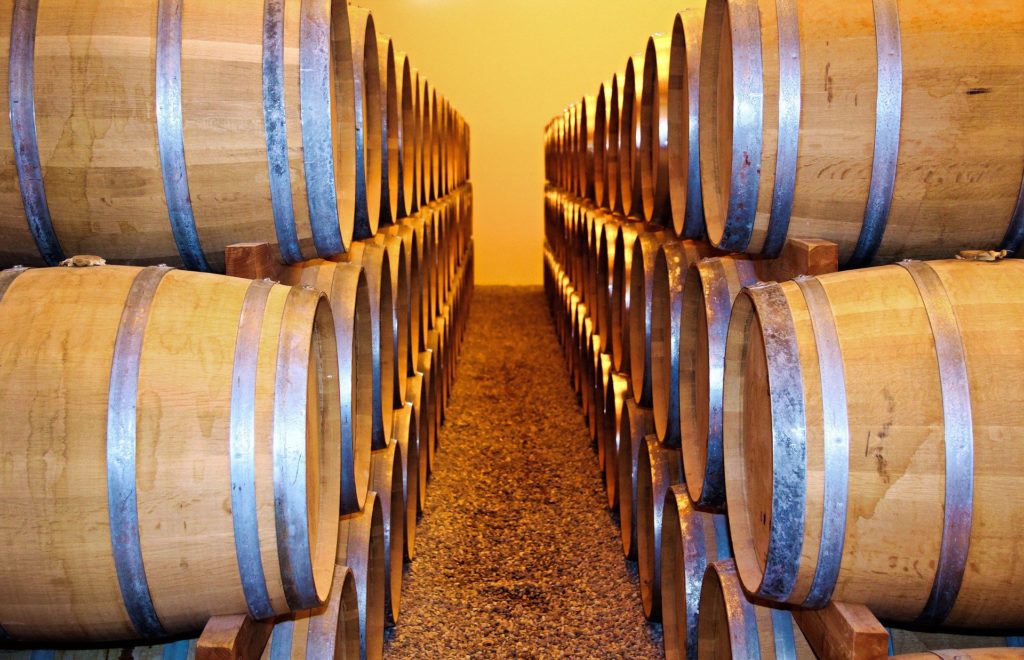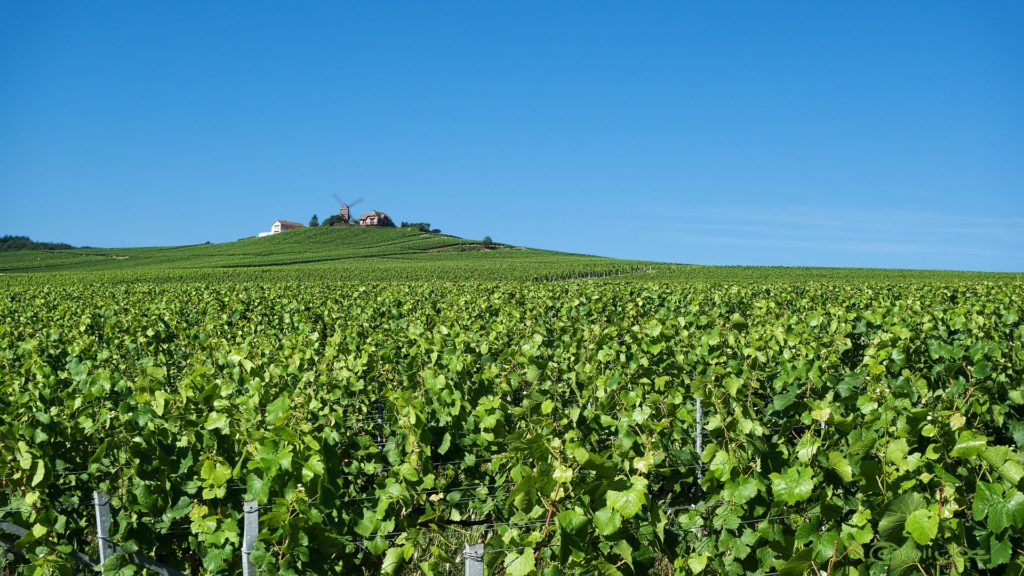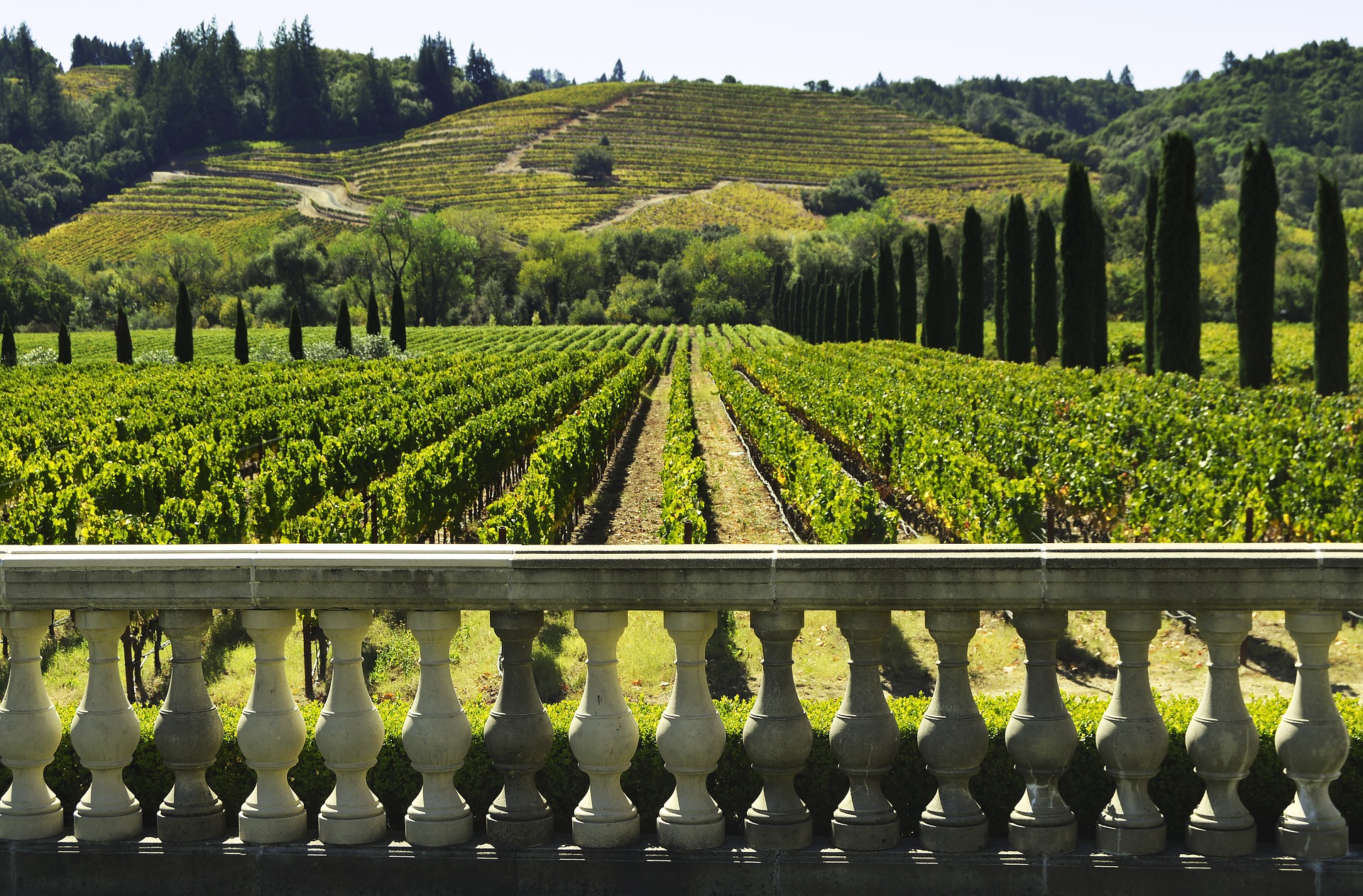We’ve grown accustomed to buzzwords like “organic,” “vegan,” and “biodynamic” appearing on food and drink packaging, but what do these keywords signify on wine labels? Continue reading to learn how astrology, egg whites, and free-range hens can all help you make your wine healthier.
Organic Wine
Perhaps, like a growing number of health-conscious individuals, you’ve begun to investigate organic products. What comes to mind when you think about organic fruits and vegetables? Isn’t it true that bananas and nectarines, cucumbers and carrots are all grown without the use of potentially hazardous pesticides, fertilizers, or herbicides?
Organic wine is precisely that: grapes are grown without the use of hazardous protective or growth-inducing agents.
perfectly normal and a product of the fermentation process. Sulfites, which are used in regular wine production to prevent oxidation, are not used in organic wine.
How does organic wine taste
So, what is the flavor of organic wine? Is your organic Chardonnay or Pinot Noir going to taste better, worse, or similar? The truth is that your favorite varietal, even if converted into wine using an organic method, will taste the same as vino created in a conventional, non-organic manner.
While the raw material, the grape, is likely to be of slightly higher quality than fruit farmed with pesticides and other chemicals, much of how a wine tastes is determined by what happens to the grapes after they are harvested and enter the winery. Winemakers are similar to artists who work with grapes. He or she has a variety of options for turning the organically cultivated grape into a tasty beverage.
Organic wine, like organic fruit, has a benefit: you reduce your chances of coming into contact with unpleasant chemicals, allowing you to enjoy what’s in your glass even more.
Organic wine, like organic fruit, has a benefit: you reduce your chances of coming into contact with unpleasant chemicals, allowing you to enjoy what’s in your glass even more.
If your wine is organic, it is generally something to brag about these days, therefore it should not be difficult to find a reference to this fact somewhere on the label, as it is with other products. Furthermore, several countries have a certifying agency that authorizes organic farming standards.
A stamp on the label should indicate that a wine has been approved by a local body. Many wine-producing countries now produce organic wines, so if you’re interested in trying this type of natural wine, a little research should provide some fascinating results.
How Organic Wine is Made by Winemakers
In a vineyard, one organic technique frequently leads to another. This might include employing compost that draws beneficial insects to the vine, creating spaces where local wildlife may thrive to prevent them from devouring grapes, letting hens to roam freely throughout vineyards to lend a natural touch to the environment, and plowing with bio-diesel tractors. These vineyard techniques all consider the larger picture and encourage sustainable farming, which is becoming more common in organic farming.
Vegan Wine

You might be wondering why wine isn’t vegan. After all, it’s made from fermented grapes. But, you know how when you’re evaluating a glass of wine and one of the factors you have to consider is clarity?
There’s a good explanation for it. A wine would become foggy in the bottle and in your glass if left to its own devices. The fermentation process is to blame for this. Wine is created when sugars are transformed to alcohol. Multiple molecules float in the liquid as a result of this. It’s possible that these are phenolics, tannins, or tartrates. They’re safe to drink, but they don’t look very appealing, so wine undergoes a process known as fining before being put into a bottle. Fining is the technique of reducing cloudiness from a liquid through the use of a fining chemical.
Some wineries have embraced this in order to get into the expanding vegan market and employ non-animal fining products.
Animal products, such as egg whites or milk protein, are commonly used as such agents because they are excellent at attracting clouds of molecules, allowing them to be removed from the wine in a single step.
Although very little of these substances remain in the wine, residues may exist, rendering it non-vegan. Some wineries have embraced this in order to get into the expanding vegan market and employ non-animal fining products. Clay or plant-based materials are examples of these. Some producers even leave the fermentation dregs in the wines to settle naturally.
Biodynamic Wine

This style of wine is both intriguing and strange in a good way! First and foremost, are you familiar with Rudolf Joseph Lorenz Steiner? This interesting man was born in 1861 in what is now Croatia, which was once part of the Austro-Hungarian Empire. He was a polymath who studied and wrote on a wide range of topics including education, spirituality, philosophy, the arts, social reform, and so on.
Steiner’s connection to wine can be found in the field of biodynamic agriculture, which has now expanded to include grape cultivation. Biodynamic farming arose from Steiner’s theories and takes into account the complete agricultural ecology, including soil health, the position of the stars, the phases of the moon, astrology, and a variety of eccentric, mystical, and esoteric practices.
Many vintners who use biodynamic methods in their vineyards claim that their grapes are better and healthier as a result.
The importance of soil health in biodynamic viniculture cannot be overstated. In a vineyard, complex mixtures of herbs and composts are given in a carefully planned manner related to the movements of the celestial bodies.
The point is, it actually works! Many vintners who use biodynamic methods in their vineyards claim that their grapes are better and healthier as a result. Biodynamic viniculture is done in France, Switzerland, Italy, Spain, Austria, Germany, Australia, Chile, Peru, South Africa, Canada, and the United States, so there must be something to it. It even has its own certification and standards organization.
Because no fining agents are used in the winemaking process, biodynamic wines can be a touch foggy or natural-looking, but they are often rich and fruity. Greetings!
Wine that is organic, vegan, or biodynamic is here to stay, so start experimenting and have fun!



